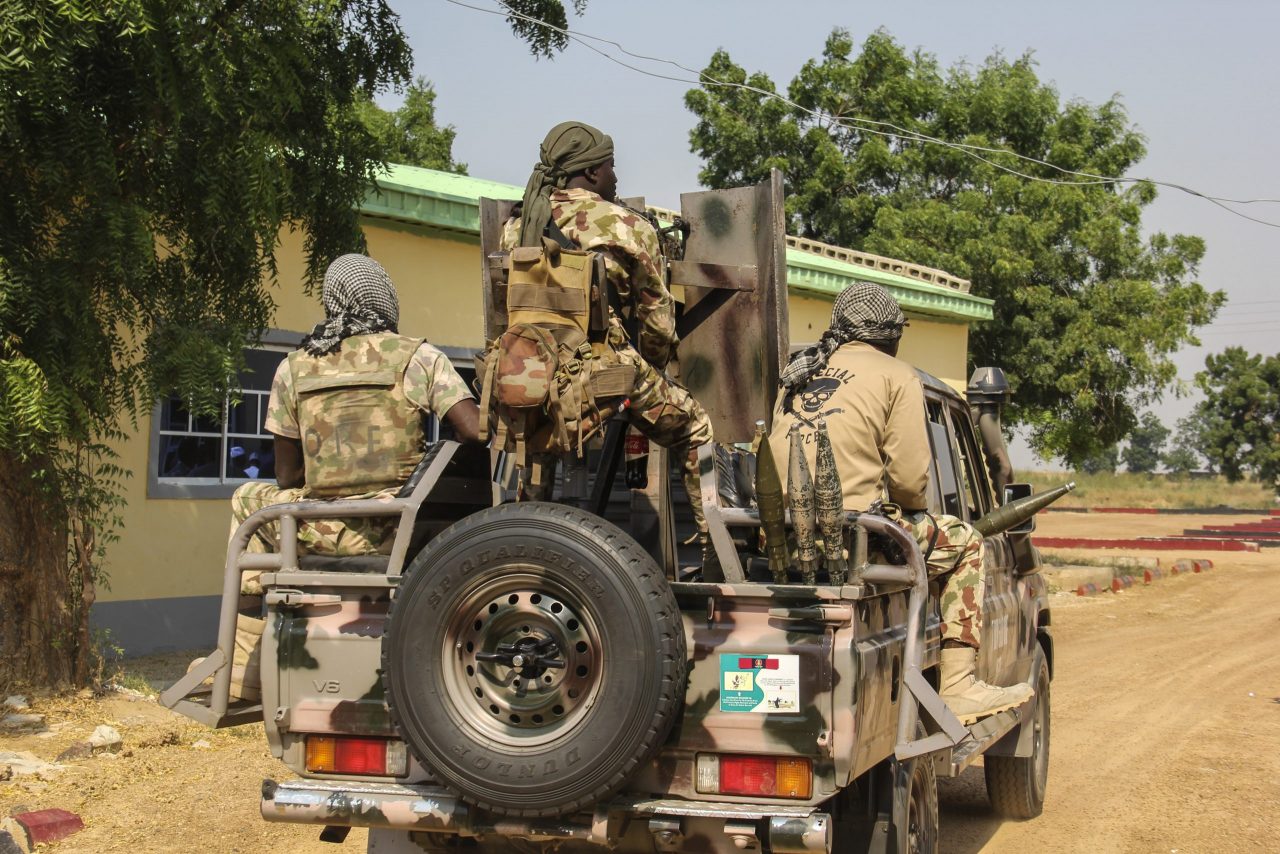-

NASIMS Sample Acceptance Letter For Batch C Stream (1) and Stream (2) Upload 2024/2025 and Npower Portal
-

Dollar To Naira Black Market Exchange Rate Today 2024/2025 Abokifx (USD)
-

Nigerian Army 85RRI Screening Date 2024/2025 Centers & NA Screening Requirements
-

NEXIT Training List, Date & Portal 2024/2025 – Check CBN NEXIT Loan Second Batch Training List Venue and Date
-

Benin SHOPRITE Recruitment 2024/2025 Application Portal
-

NATFORCE Appointment Letter, ID Card & Allowance
-

NCRI Recruitment 2024/2025 Application Form Portal
-

Civil Defence Shortlisted Candidates 2024/2025 Download Final NSCDC Shortlist
-

Nigeria Customs Screening Date 2024 Time, Centres & Requirements
-

Ekiti State Teachers Examination Date 2024/2025 Time, Designated Centers & Duration
-

Globus Bank Recruitment 2024/2025 Application Career Form, Job Vacancies and How To Apply | www.globusbank.com
-

Globus Bank Salary Structure 2024/2025 Monthly or Yearly Scale In Nigeria and Other Relevant Information
-

Delta State CSC Exam Result 2024/2025 CBT Examination and Results Status Checking Portal | www.deltastatecsc.gov.ng
-

Delta State Civil Service Examination Date 2024/2025 CBT Exam Center and Relevant Requirements | www.deltastatecsc.gov.ng
-

Delta State CSC Shortlisted Candidates 2024/2025 PDF Employment List For The Recruitment of State’s Civil Servants
-

Delta State Civil Service Recruitment 2024/2025 Application Process, Government Job Vacancies and Form Portal
-

JAMB CAPS Student Login 2024 – How To Check Your JAMB CAPS Admission Status & Other Relevant Information
-

Nigerian Army DSSC Recruitment Portal 2024/2025 Application Process, DSSC/SSC Relevant Requirements and Form
-

Delta State SUBEB Exam/CBT Test Result 2024/2025 CBT Examination Teachers Results Status Checking Portal
-

Nigerian Army Recruitment 2024/2025 Application Form, Entry Eligibility, Login Portal and How To Apply
-

Delta State SUBEB Examination Date 2024/2025 CBT Exam Center and Essential Exam Requirements